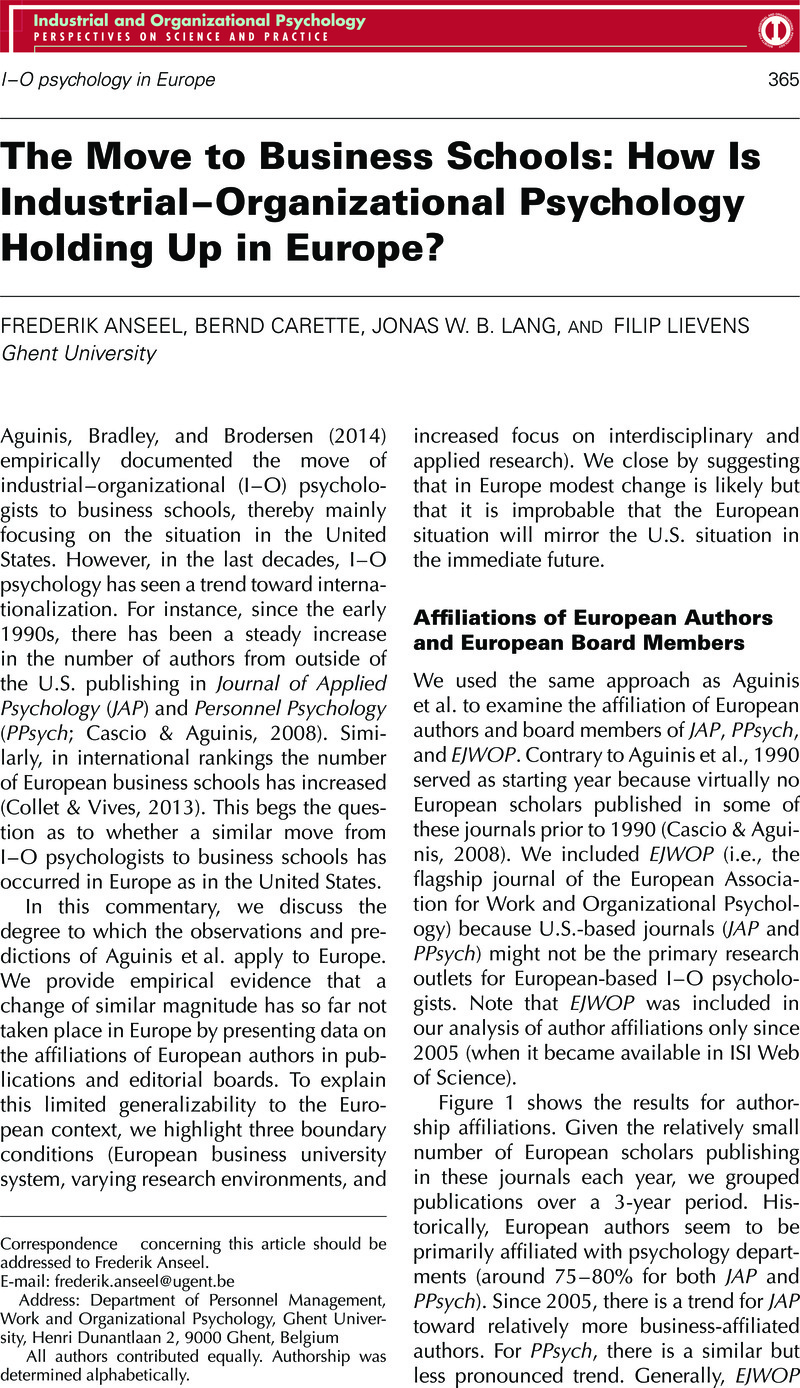Crossref Citations
This article has been cited by the following publications. This list is generated based on data provided by Crossref.
IMASHIRO, Shiho
2014.
How to facilitate scientific HRM :Evaluation of a managerial training effectiveness as an example.
Joho Chishiki Gakkaishi,
Vol. 24,
Issue. 4,
p.
381.
Bal, P. Matthijs
Dóci, Edina
Lub, Xander
Van Rossenberg, Yvonne G. T.
Nijs, Sanne
Achnak, Safâa
Briner, Rob B.
Brookes, Andy
Chudzikowski, Katharina
De Cooman, Rein
De Gieter, Sara
De Jong, Jeroen
De Jong, Simon B.
Dorenbosch, Luc
Ghoreishi Galugahi, Motahareh Alsadat
Hack-Polay, Dieu
Hofmans, Joeri
Hornung, Severin
Khuda, Kudrat
Klamer, Renze
Mendy, John
Mol, Stefan T.
Navarro, Jose
Notelaers, Guy
Ossenkop, Carolin
Pickett, Jennifer
Röllmann, Laura
Sanderson, Zoe
Sosnowska, Joanna
Spanouli, Andromachi
Vantilborgh, Tim
Van Dijk, Hans
and
Van Zelst, Marino
2019.
Manifesto for the future of work and organizational psychology.
European Journal of Work and Organizational Psychology,
Vol. 28,
Issue. 3,
p.
289.
Orhan, Mehmet A.
2020.
Pardon my French: On superfluous journal rankings, incentives, and impacts on industrial-organizational psychology publication practices in French business schools.
Industrial and Organizational Psychology,
Vol. 13,
Issue. 3,
p.
295.
Islam, Gazi
and
Sanderson, Zoe
2022.
Critical positions: Situating critical perspectives in work and organizational psychology.
Organizational Psychology Review,
Vol. 12,
Issue. 1,
p.
3.





